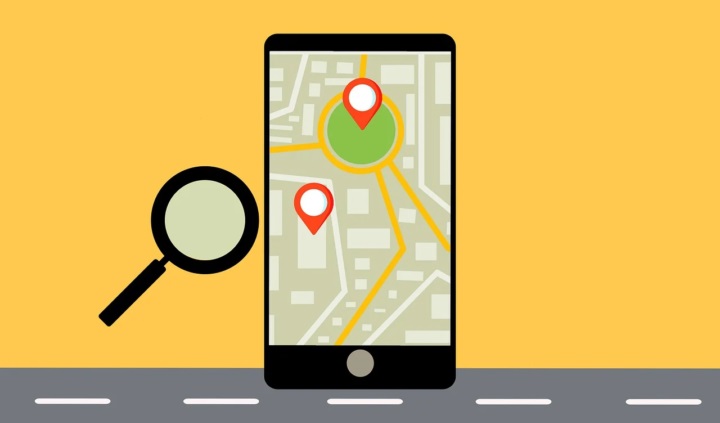Couples Addiction Recovery
Are you and your partner struggling with addiction? Seeking couple addiction recovery in Miami Gardens can be the first step towards reconnecting and rebuilding your relationship after addiction. Couples therapy for addiction, also known as dual recovery for couples, offers a comprehensive approach to healing and supporting each other through the recovery process. In this article, we will explore the strategies for successful couple recovery in Miami Gardens, Florida, and how it can help you and your partner embark on a journey towards a healthier and happier life together.
Couples Addiction Recovery Helpline Call Now
The Importance of Couple Addiction Recovery
When addiction affects a couple, it can take a toll on their relationship, trust, and overall well-being. Substance abuse can lead to conflicts, communication breakdowns, and a loss of intimacy. However, couple addiction recovery provides an opportunity for partners to heal together and strengthen their bond throughout the journey of recovery.
By engaging in couples therapy for addiction, couples can address the underlying issues that contribute to their substance abuse, learn healthier coping mechanisms, and rebuild trust and communication. Dual recovery for couples acknowledges that both partners need support and healing, and it offers a safe and understanding environment to navigate the challenges of recovery.
Reconnecting and Rebuilding After Addiction
Recovery from addiction is an ongoing process that requires commitment, patience, and support. Here are some strategies for successful couple recovery in Miami Gardens:
1. Seek Professional Help
One of the most crucial steps in couple addiction recovery is seeking professional help. A qualified therapist experienced in couples therapy for addiction can provide guidance, support, and evidence-based techniques to help you and your partner overcome the challenges of recovery. They can also help you address any underlying issues that may have contributed to your addiction.
2. Build Open and Honest Communication
Communication is key in any relationship, especially during the recovery process. Couples should create a safe space where they can openly discuss their feelings, fears, and challenges. Honesty and transparency help build trust and understanding, allowing both partners to support each other effectively.
3. Set Boundaries and Establish Accountability
Establishing boundaries is essential to ensure a healthy and supportive recovery environment. Couples should define clear boundaries regarding substance use, triggers, and potential relapse situations. By setting boundaries and holding each other accountable, partners can create a sense of safety and stability in their relationship.
4. Attend Support Groups
Support groups, such as Alcoholics Anonymous (AA) or Narcotics Anonymous (NA), can be beneficial for both individuals and couples in recovery. These groups provide a network of support, understanding, and guidance from others who have experienced similar struggles. Attending support groups together can strengthen the bond between partners and offer additional resources for navigating the recovery journey.
5. Practice Self-Care
Self-care plays a crucial role in the recovery process for both individuals and couples. Encourage each other to engage in activities that promote physical and emotional well-being. This may include exercise, mindfulness practices, hobbies, or spending quality time together. Prioritizing self-care helps reduce stress, enhances resilience, and fosters a healthier relationship.
Couples Addiction Recovery Near Me
Embarking on couple addiction recovery in Miami Gardens can be a transformative journey for partners struggling with addiction. By seeking professional help, building open communication, setting boundaries, attending support groups, and practicing self-care, couples can reconnect and rebuild their relationship after addiction. Remember, recovery is a process, and it requires commitment, patience, and support. By implementing these strategies, you and your partner can navigate the challenges of dual recovery and create a healthier and happier life together.











